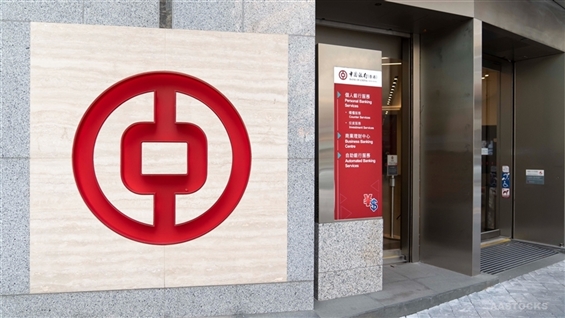




China's OneConnect Financial Technology, a financial software services provider, is set to shut down its cloud services division after losing most of its customers for the business. The closure highlights the risk for Chinese companies that heavily rely on business from their parent and related companies. OneConnect, previously a wholly-owned unit of Ping An Insurance Group, was spun off and separately listed in New York in 2019. However, it still depended on Ping An and Lufax, a Ping An-controlled online lender, for about two-thirds of its revenue in Q1 2024. The company's board decided on July 11 to gradually discontinue the operation of its cloud services from July 2024 onwards. This move will result in a loss of nearly half of OneConnect's business, but it will also reduce the company's reliance on Ping An and related companies, making it a healthier company with a more solid foundation for growth [f8a5534c].
Ping An Insurance Group, China's largest insurer, has faced challenges in its asset management business, reporting a net loss of over USD 2.5 billion in 2023. The loss is attributed to volatility in the Hong Kong and Chinese stock markets. Ping An's asset management business, which manages a total of RMB 7 trillion (USD 963.9 billion) in assets, recorded a net loss of RMB 19.6 billion (USD 2.7 billion) in 2023. The market volatility and provisions made to certain projects contributed to the net loss. Despite the loss, Ping An remains a key player in the insurance industry in China, leveraging its technological edge to offer services to its large customer base [9bf08da9].
Ping An Bank, a subsidiary of Ping An Insurance Group, has released a funding support list naming 41 developers, including China Vanke, Country Garden, and Evergrande Group. The move is seen as a measure to prevent potential risks in the real estate sector, as China's property market faces increasing pressure due to tightening regulations and a crackdown on debt. Ping An Bank aims to provide financial support to these developers to help stabilize the real estate market. The bank plans to closely monitor the developers' financial conditions and provide necessary support [715ec205].
Bank of China and China Pacific Insurance Group have signed a comprehensive strategic cooperation agreement to deepen cooperation and inject new vitality into the high-quality development of the financial industry in Mainland China. The agreement reflects the determination and responsibility of the two financial institutions in serving the real economy, preventing financial risks, and deepening financial reform [18431fb2].
Ant Group has announced a strategic cooperation agreement with Bank of Beijing. The two companies will strengthen cooperation in the areas of artificial intelligence, big data, blockchain, and distributed databases. They will explore the application of cutting-edge technologies in the financial sector and enhance their ability to serve the real economy. Ant Group and Bank of Beijing will also promote the application of blockchain technology in cross-border financial services and deepen the concept of inclusion in cross-border financial services. They will cooperate in the Internet of Things and smart outlets to enhance customer experience in related industries [c30fe611].
Ping An Insurance's investment chief, Benjamin Deng, expects two US rate cuts this year, allowing China to follow suit. Deng anticipates the Federal Reserve to lower interest rates by 50 basis points twice this year, potentially paving the way for two rate reductions in China as it aims to maintain a stable currency. Beijing would maintain a stable monetary policy and an active fiscal policy. The interest rate in China can go down another 10 to 20 basis points this year. Ping An's risk asset portfolio has more than half of its assets invested in high-dividend Chinese stocks, which comprise state-owned enterprises (SOEs) across various sectors such as financial services, energy, telecommunication, and infrastructure. Year to date, Ping An's high-dividend stock portfolio has gone up by 18%, beating the CSI 300 Index, which was up about 6.4% [93168020].